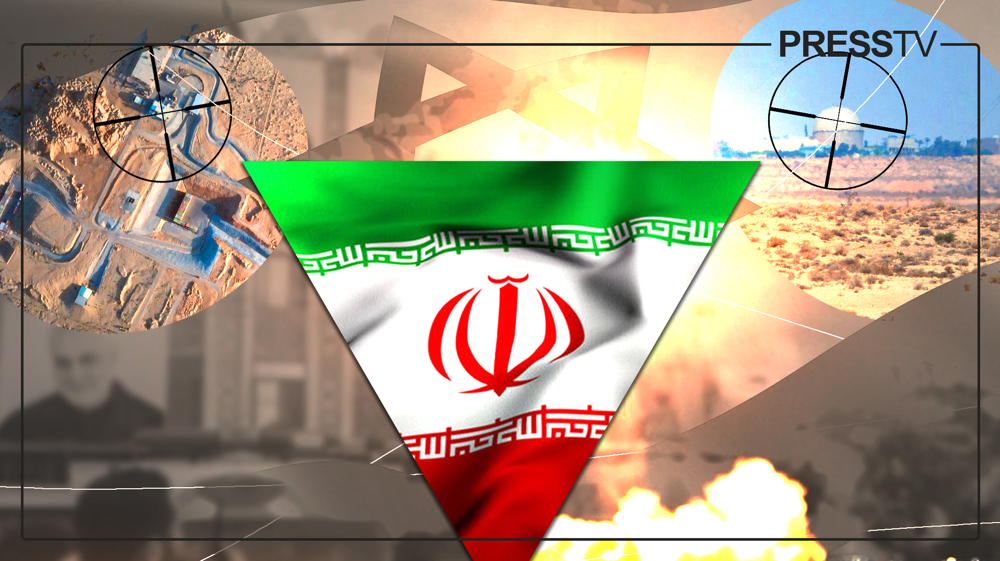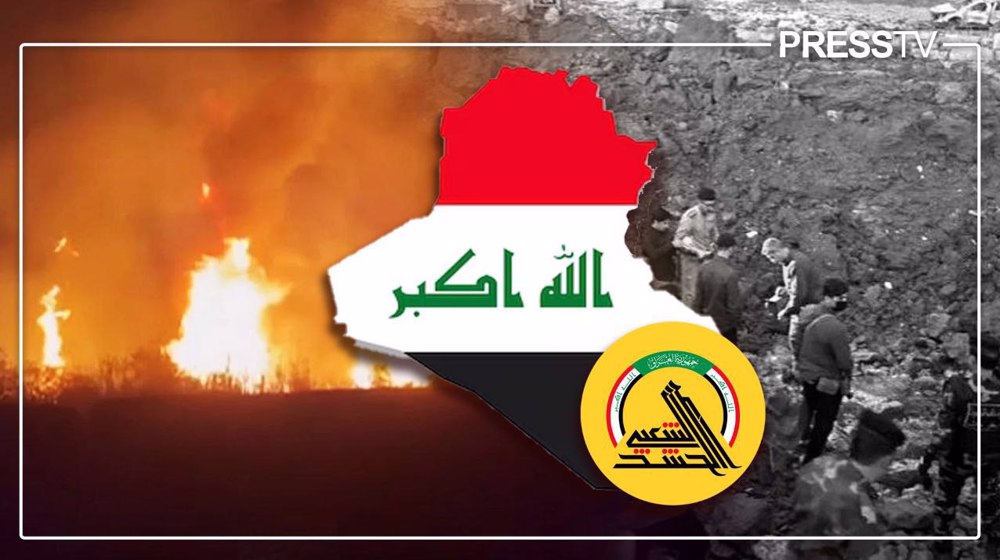Policing nukes: Under whose authority?
By Kaneez Fatima
The much-hyped date for Israeli Prime Minister Benjamin Netanyahu’s address to the US Congress regarding Iran’s nuclear program fast approaches. While Netanyahu’s diplomatic theatrics have failed to impress, let alone convince many, the move will nonetheless cast a shadow over the negotiations underway between Iran and the P5+1 group of countries.
Setting aside Iran’s nuclear program and this final push for a comprehensive negotiated agreement, it is the players with which Iran has to negotiate with that has me intrigued. Spearheaded by the US, along with its European partners in this alliance, the country has portrayed itself as a lone crusader in a dangerous world, trying to protect the people from the looming threat of an irresponsible regime procuring nuclear weapons.
No one is arguing against the direct existential threat nuclear weapons pose for humanity today. But who gets the moral authority to decide which country (if any) can be trusted with these weapons of mass destruction? Who gets to take the center stage at international fora and have the right to call out other nations over their nuclear weapons arsenal? Logic dictates that this right or obligation cannot be given to the very states whose own records are tainted with mass deaths, destruction and a disturbing rate of proliferation. Logic dictates that you cannot make the school bully a prefect and expect him to fulfill his duties honorably.
Tools of economic sanctions and political isolation are utilized in combination with the demonization of a country like Iran, which is a member of the Nuclear Non-Proliferation Treaty (NPT), giving it the full right to develop nuclear technology for peaceful and civilian purposes. But this isn’t about Iran. It’s about the world order that is propagated in international arenas, namely the UN and its organizational arms like the International Atomic Energy Agency where an NPT compliant country like Iran is often subjected to punitive measures, and Israel’s nukes go unchecked, unquestioned and unopposed. America’s own nuclear weapons stockpiles, and the increasing sophistication and development of its WMDs never become a topic for debate on these international platforms.
Why? Because the structure of international institutions, like the UN Security Council and the IAEA, has been established thus that it is often the aggressor who is in control; the power structure of organizations that are supposed to safeguard the interests of the weak and provide a forum at which all nation states are given an opportunity to address regional and global concerns on an equal footing is decidedly skewed in favor of those governments that are often the root cause of the problems the world faces.
Through their influence, governments like that of the US have continued to push for their agenda, shrouding their unilateral decisions under the guise of international consensus. The world has seen how their intelligence agencies have fed flawed intel reports to push for a certain agenda. The Iraq invasion is a prime example, so are the CIA's attempts to influence the IAEA over Iran's nuclear program.
At the same while, Israel, an occupying power known to have made use of internationally banned weapons against the Palestinian population, continues to possess hundreds of nuclear warheads. US protection and patronage has ensured the regime's stockpiles are never made a topic of concern, nor are they open to inspection by the international nuclear watchdog. Mere calls have been made on Israel to sign onto the NPT and comply with international law. But these calls have gone unheeded without any consequences, diplomatic or otherwise, being spelled out for Israel.
The horrific images of Hiroshima and Nagasaki can never be erased from the pages of history. This should have been the point where humanity drew the line against such weapons. However, the euphoria resulting from the end of the Second World War, and the might-is-right mantra practically demonstrated by the US use of the atomic bomb decisively ended any debate against these weapons that could have started. Then came the Cold War and the realization that whilst the good-guy Uncle Sam can be trusted with nukes, and trusted that he will only use them against the bad guys, these weapons in the hands of an enemy can prove to be catastrophic.
Fast-forward to today, and Russia and America continue to maintain their rather large and sophisticated stockpiles. Britain, France and China are also armed with these weapons. Despite there being no Soviet Union to fight against, NATO continues to exist and is expanding. It’s presence in Europe translates in states like Belgium, Germany, Italy and the Netherlands hosting nuclear weapons on their soil, along with possessing the capabilities of making them operational.
There was hope under Obama's resetting of ties with Russia, and a new START agreement, that a world without nukes could actually be conceivable. But we quickly learned that sophistication and advancement of nuclear weapons arsenal was the strategy being given preference over the actual number of warheads. It didn't matter how many warheads were destroyed. What mattered was that the remaining ones were capable of full-scale destruction.
The recent civil war in Ukraine, and the NATO-Russia tensions that have resulted from it, is a reminder that for as long as nuclear weapons continue to exist, mankind is a mere blink away from full-blown nuclear war. The nukes are not a deterrent if the state possessing them is the aggressor. The US and the European wing of its military, NATO, have never shied from pulling the trigger, taking hundreds of lives for the sake of a strategic objective. So why are they afforded the benefit of the doubt when it comes to nuclear weapons?
Unfortunately, for as long as our international institutions, that are obligated and entrusted with upholding moral values and preserving peace, coexistence and human life, continue to be subjugated to the will of certain players, the world will always remain under the dark shadow of an impending nuclear catastrophe. As long as international mechanisms, processes and regulatory organizations are not allowed to function independently and in an unbiased manner, our world will be policed by those we least trust. As long as moral authority continues to be monopolized by the mighty and the aggressors, the peace envisioned through complete nuclear disarmament shall remain a dream.
KF/NN
Iran set to build more nuclear power plants: AEOI chief
'Iran’s True Promise ushers in new era for region; strategic implications felt across globe'
VIDEO | Arrest and harassment: US intensifies crackdown on pro-Gaza protests in universities
VIDEO | Press TV's news headlines
France fails to ban anti-Islamophobia protests
In Numbers: 200 days of Israeli genocidal war against Palestinians in Gaza
Death toll mounts in Gaza as Israeli genocidal war marks 200 days
Hamas dismisses US accusation of obstructing ceasefire in Gaza










 This makes it easy to access the Press TV website
This makes it easy to access the Press TV website